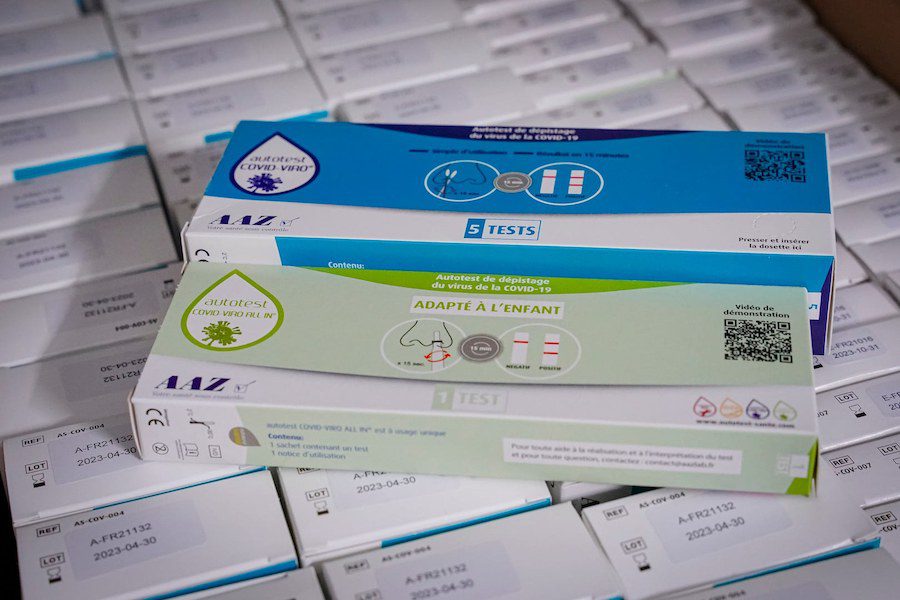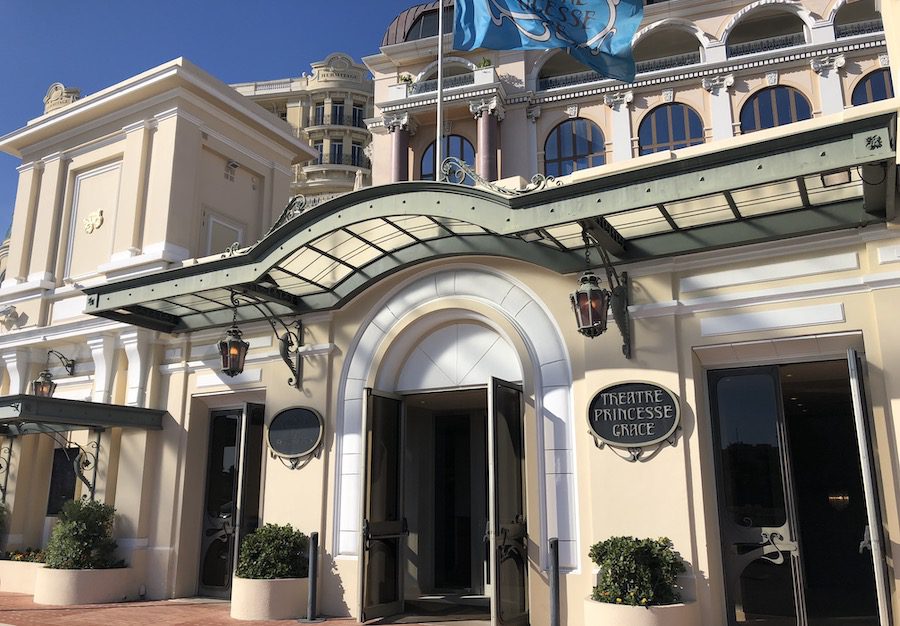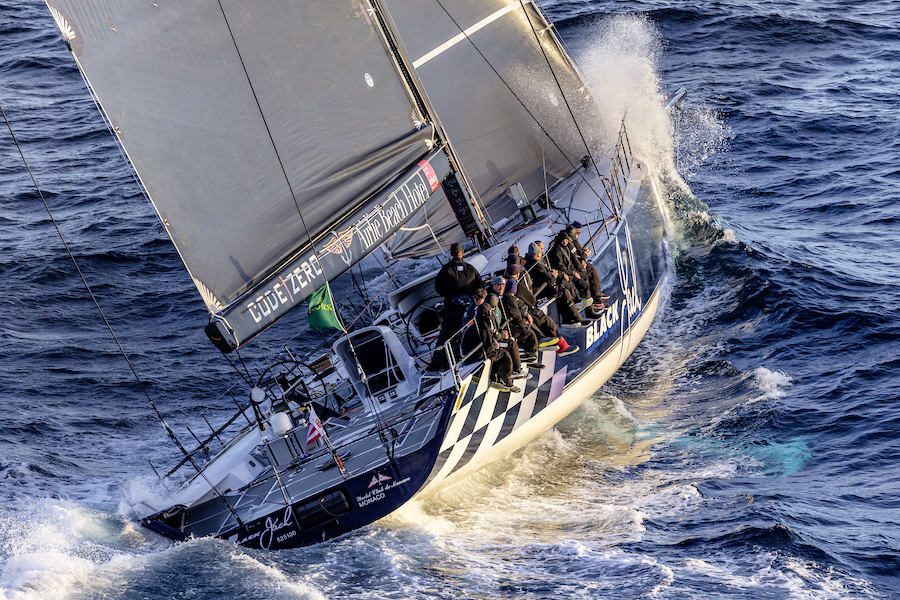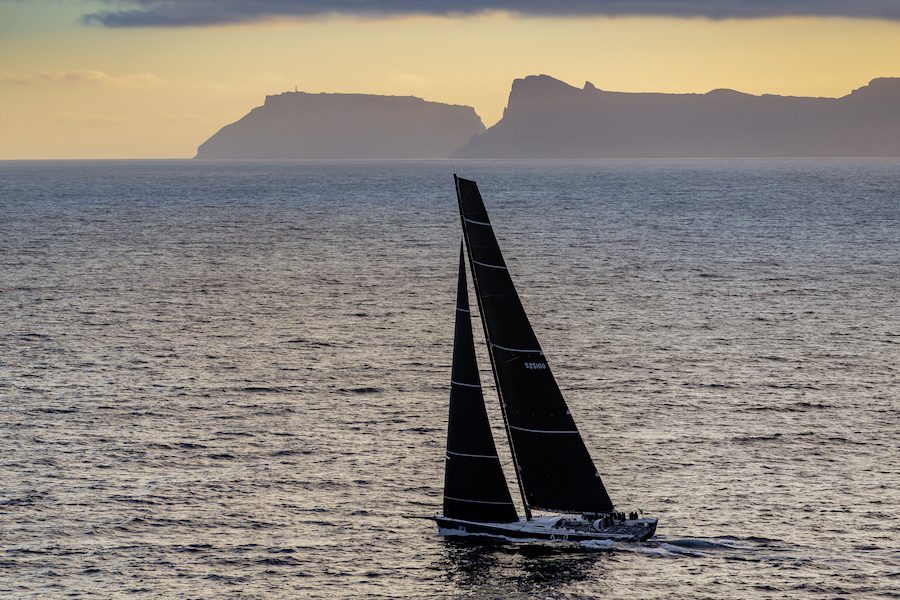The rules for health passes are changing, again. Via a ministerial decree dated 30th December, new regulations will come into effect on 10th January and impact several areas.
A total of 16 new articles have replaced the previous provisions, which came into force last July, and these will remain in effect until 28th February.
Article two recalls the different means of obtaining a valid health pass, either by proof of full vaccination, a negative PCR or antigen test not older than 24 hours, or a certificate of recovery with a six-month validity.
For adults under 65 years of age, a third dose is now required for the vaccination schedule to be recognised as complete from 15th January. Proof will be needed for travel between Monaco and any other country, as well as for access to eating establishments, events, the workplace or at sports centres in the Principality.
Proof can be in either paper or digital form.
Large events will have a new rule as well. The ministerial document states, “Anyone aged 16 or over is required to present one of the supporting documents in order to access an establishment, place or event welcoming a number of visitors or spectators at least equal to 300 people, to an establishment having an activity secondary musical entertainment, to an establishment having an activity of hairdressing salon, beauty institute, nail bar or tattoo parlour.” Without a health pass, access will be denied.
For smaller gatherings, the decision is left to the “person in charge of the establishment or place hosting a congress, trade fair or show activity to make access to this establishment or place subject to the presentation of one of the supporting documents in article 2 when their number is less than 300 persons.”
Staff at sports centres will now be required to have a health pass in order to work. This includes administrative staff as well as hands-on workers. Employees will be allowed to use paid leave until they are in compliance, and if they opt not to comply, they will no longer be allowed to work at the facility.
All visitors over the age of 12 years and two months must also present a health pass to gain entry to these establishments, including any association putting on a sports activity.
Finally, it was decided that working from home be mandatory for those who can do so until the end of January.
Photo by Claudio Schwarz on Unsplash







